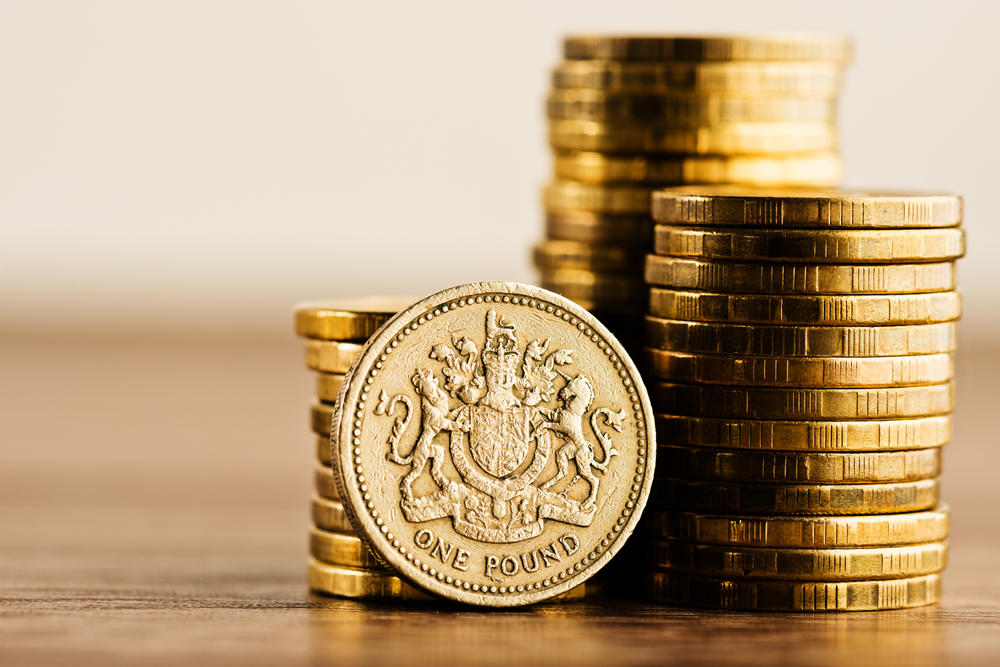News
Five reasons why cash ISAs are still relevant for savers

Cash ISAs are struggling to keep up with the returns available on standard savings accounts but here are five reasons why they may still have a place.
Savers have more choice than ever before when it comes to putting their money to work in an Individual Savings Account – ISA.
For the 2017/18 tax year, you can save a maximum of £20,000, up from the £15,240 limit in the previous tax year.
But with the dawn of the Personal Savings Allowance (PSA), introduced in April 2016, this has had a detrimental effect on the cash ISA market.
It offers basic rate taxpayers the ability to earn up to £1,000 savings income (£500 for higher rate taxpayers), free from tax. With rates so low, it’s unlikely many people would be paying tax on their savings anyway, leaving them questioning whether they should bother with an Isa wrapper.
Rachel Springall, finance expert at Moneyfacts, said while this scheme has been an ingenious way to encourage consumers to save, it has also had a big impact on the appeal of ISAs.
“ISAs overall have been struggling to keep up with the more desirable returns that standard savings accounts have on offer. In fact, only Virgin Money’s easy access ISA (1.05%) attempts to pay anywhere close to a non-ISA Best Buy equivalent (1.25%), with a difference of 0.20%.
“The difference on average between ISAs and non-ISAs is clearly a worry. A year ago, the average one-year fixed ISA paid 1.14%, and the non-ISA equivalent paid 1.20%. Today, however, the average one-year ISA has fallen by 0.19%, whereas the average one-year non-ISA has fallen by a lesser 0.09%.”
Five reasons to use ISAs
While the rates on cash ISAs may be nothing to get excited about, paying up to 1.05% for easy access or 1.95% fixed for up to five years, they shouldn’t be dismissed out of hand, according to Tom Adams, head of research at Savings Champion.
He said: “While interest rates are low, it is easy to think of cash ISAs as something that is in danger of becoming obsolete and the providers are not helping things either with low interest rates on offer.
“But it is a question of demand and supply, if savers demand them, they will provide them – so make sure you don’t dismiss your ISA allowance this tax year – as it may affect the size of your tax-free savings pot in the future.”
The independent research site lists five reasons why savers should still consider cash ISAs, despite their lower interest rates:
- Inheriting ISAs: When your spouse or civil partner dies, you can inherit their ISA allowance that they had built up and therefore benefit from the tax-free interest. However, not all providers allow this, so make sure you look at this carefully before you settle on a particular account.
- You pay no tax on interest: Cash ISAs allow you to have the interest paid free of tax, no matter whether you are a basic, higher or additional rate taxpayer. While that might not seem too exciting when interest rates are low, as they start to rise, the amount of money you can save tax free will reduce, if you are not using a cash ISA.
- You can get a 25% savings boost from the government: If you choose to have a Help to Buy ISA to buy your first home – or plan to open a Lifetime ISA to buy a home or save for retirement, you will get a 25% boost from the government. With a Help to Buy ISA, you will get a bonus of £50 for every £200 you save, up to a maximum of £3,000 from the government. The Lifetime ISA – which can incorporate an existing Help to Buy ISA – could be more generous over time even though the bonus will also be 25%. You can save up to £4,000 a year into this ISA and get a cash bonus of 25% from the government – meaning up to £1,000 a year. These will be open to people aged between 18 and under 40 and the bonus on the amount deposited each year will be added annually until you reach 50. The money can only be used to buy your first home or be accessed at age 60, when you can use the money for retirement.
- You do not need to declare ISA savings on your tax return: Since cash ISAs provide you with tax-free savings, there is no need to add the amount you have in these accounts to your tax return.
- The amount you can legitimately shelter from tax is rising: This year’s allowance is the highest amount it has ever been, helping you to save even more from the taxman.
See YourMoney.com’s Which ISA is right for you? A round up of the six products available in 2017 for more information.